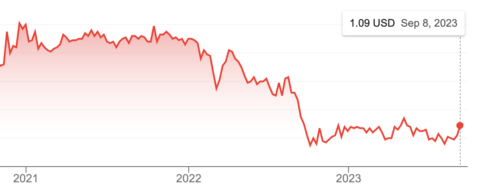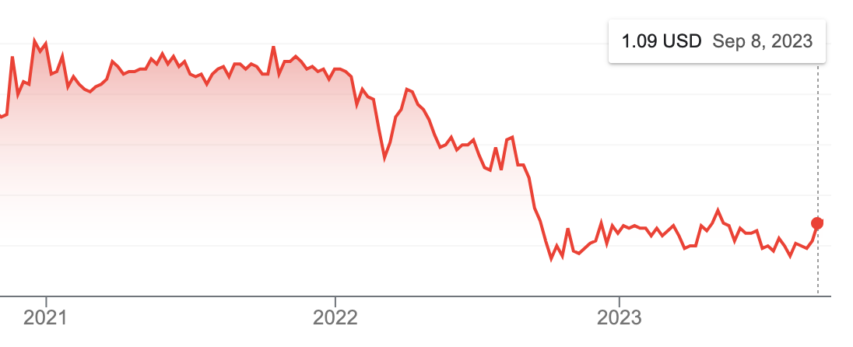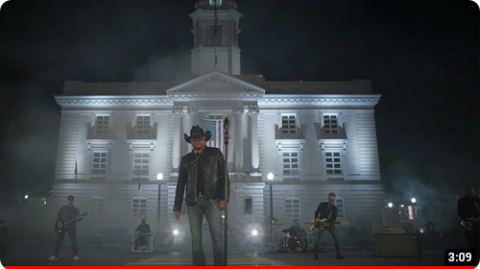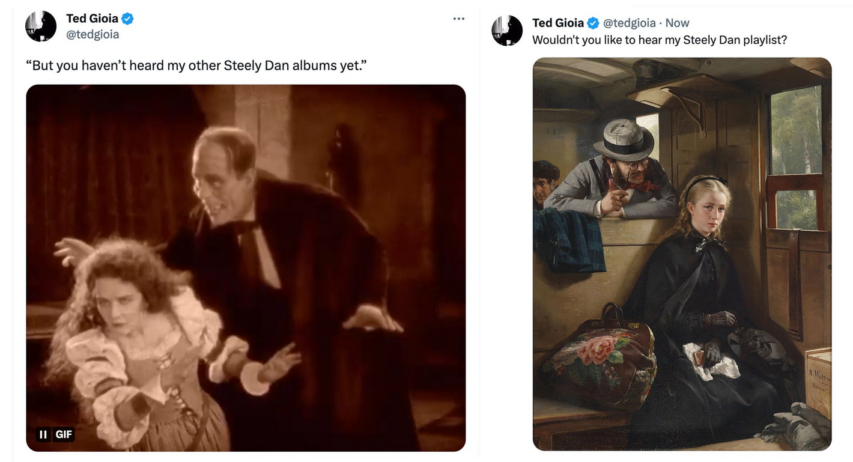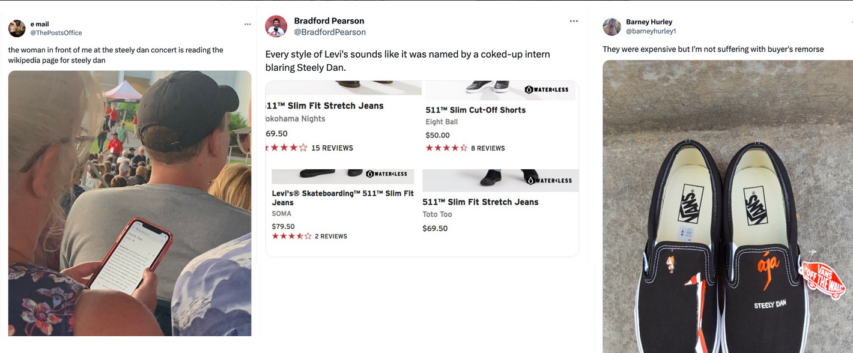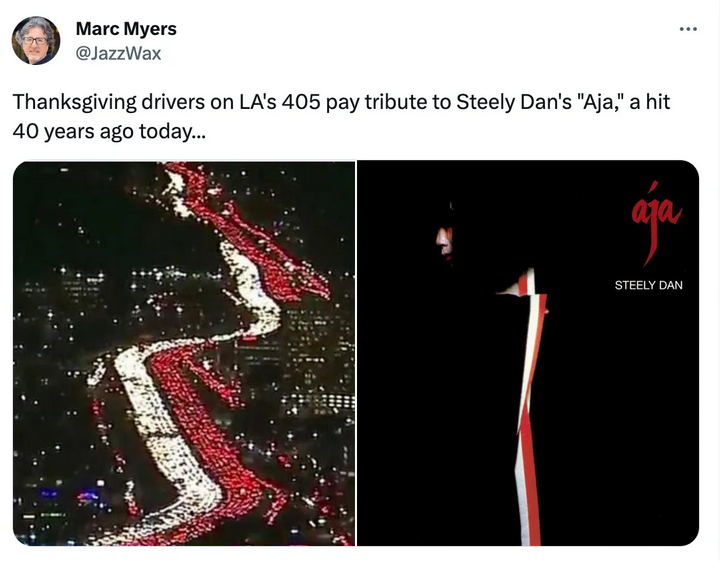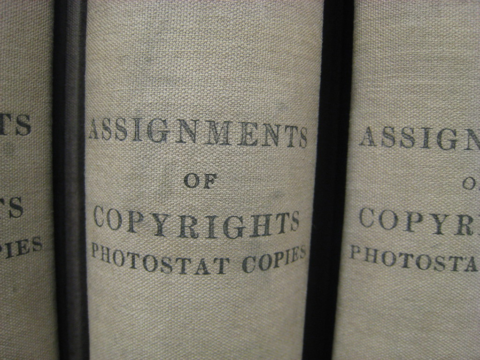He raised the question earlier this year, and it’s sticking with him to the point he’s gathering notes on the original Romantic movement and what it was reacting against:
I realized that, the more I looked at what happened circa 1800, the more it reminded me of our current malaise.
- Rationalist and algorithmic models were dominating every sphere of life at that midpoint in the Industrial Revolution — and people started resisting the forces of progress.
- Companies grew more powerful, promising productivity and prosperity. But Blake called them “dark Satanic mills” and Luddites started burning down factories — a drastic and futile step, almost the equivalent of throwing away your smartphone.
- Even as science and technology produced amazing results, dysfunctional behaviors sprang up everywhere. The pathbreaking literary works from the late 1700s reveal the dark side of the pervasive techno-optimism — Goethe’s novel about Werther’s suicide [Wiki], the Marquis de Sade’s nasty stories [Wiki], and all those gloomy Gothic novels [Wiki]. What happened to the Enlightenment?
- As the new century dawned, the creative class (as we would call it today) increasingly attacked rationalist currents that had somehow morphed into violent, intrusive forces in their lives — an 180 degree shift in the culture. For Blake and others, the name Newton became a term of abuse.
- Artists, especially poets and musicians, took the lead in this revolt. They celebrated human feeling and emotional attachments — embracing them as more trustworthy, more flexible, more desirable than technology, profits, and cold calculation.
That’s the world, circa 1800.
The new paradigm shocked Europe when it started to spread. Cultural elites had just assumed that science and reason would control everything in the future. But that wasn’t how it played out.
Resemblances with the current moment are not hard to see.
“Imagine a growing sense that algorithmic and mechanistic thinking has become too oppressive. Imagine if people started resisting technology. Imagine a revolt against STEM’s dominance. Imagine people deciding that the good life starts with NOT learning how to code.”
These considerations led me, about nine months ago, to conduct a deep dive into the history of the Romanticist movement. I wanted to see what the historical evidence told me.
I’ve devoted hours every day to this — reading stacks of books, both primary and secondary sources, on the subject. I’ve supplemented it with a music listening program and a study of visual art from the era.
What’s my goal? I’m still not entirely sure.


